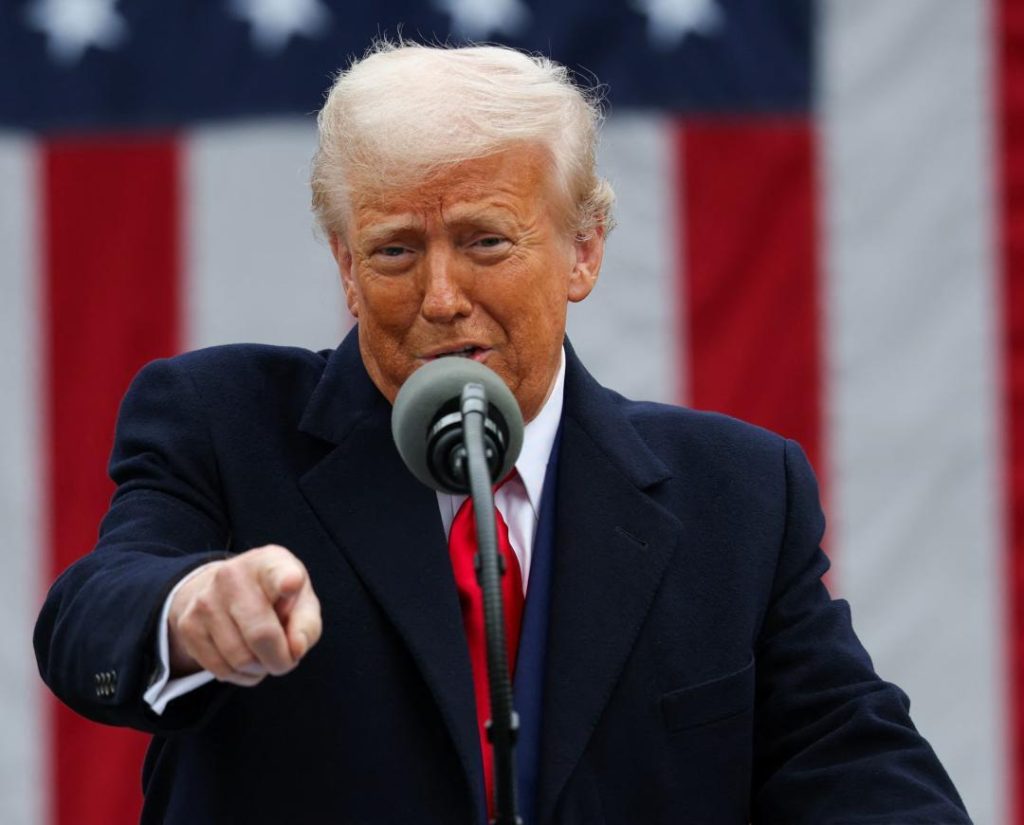
Which goods & items are exempt from Trump’s new tariffs?
On Wednesday, April 2, US President Donald Trump announced the introduction of reciprocal tariffs on several goods imported from various countries, including China, EU, Canada, and Mexico. The move has sparked concerns among businesses and economies worldwide, particularly those that rely heavily on US imports. However, not all goods have been targeted by these tariffs. In this blog post, we will explore the list of exemptions and what they mean for businesses and economies.
Pharmaceuticals and Bullion
Pharmaceutical products are among the key exemptions from Trump’s tariffs. The industry is a significant contributor to India’s exports, with nearly $9 billion worth of pharma products shipped to the US every year. The exemption is a relief for Indian pharma companies, which have been grappling with the impact of Trump’s protectionist policies. The tariffs would have increased the cost of production and reduced the competitiveness of Indian pharma products in the US market.
Another commodity that has been exempted is bullion, specifically physical gold and silver of high purity. The exemption is a welcome relief for investors and traders who rely on the US market for buying and selling gold and silver.
Energy and Minerals
The tariffs do not apply to energy products, including crude oil, natural gas, and petroleum products. This is a significant exemption, considering the US is a major consumer of energy products. The exemption is also beneficial for countries that export energy products to the US, such as Canada and Mexico.
Some minerals not available in the US have also been exempted from the tariffs. These include rare earth minerals, which are used in a variety of hi-tech products, including smartphones and laptops. The exemption is a relief for countries that export these minerals, such as China, which is the world’s largest producer of rare earth minerals.
Copper, Steel, and Aluminium
Copper, steel, and aluminium are among the metals that have been exempted from the tariffs. These metals are used in a wide range of industries, including construction, manufacturing, and automotive. The exemption is a relief for countries that export these metals, such as Chile, which is the world’s largest copper producer.
Semiconductors and Lumber Articles
Semiconductors are a critical component of modern electronics, and their exemption from the tariffs is a welcome relief for the tech industry. Semiconductors are used in a wide range of products, including smartphones, laptops, and televisions.
Lumber articles, including wood and wood products, have also been exempted from the tariffs. This is a relief for the forestry industry, which relies heavily on US exports.
What does it mean for businesses and economies?
The exemptions from Trump’s tariffs are a welcome relief for businesses and economies that rely heavily on US imports. For Indian pharma companies, the exemption is a significant relief, as it will help them maintain their competitiveness in the US market. Similarly, countries that export energy products, minerals, and metals to the US will benefit from the exemptions.
However, the tariffs will still have an impact on businesses and economies. The increased cost of production will lead to higher prices for consumers, which could negatively impact demand. Additionally, the tariffs may lead to retaliatory measures from other countries, which could have a broader impact on the global economy.
Conclusion
In conclusion, not all goods and items have been targeted by Trump’s tariffs. Pharmaceuticals, bullion, energy, some minerals not available in the US, copper, steel, aluminium, semiconductors, and lumber articles are among the exemptions. The exemptions are a welcome relief for businesses and economies that rely heavily on US imports. However, the tariffs will still have an impact on businesses and economies, and it remains to be seen how the global economy will respond to these protectionist measures.
Source:






